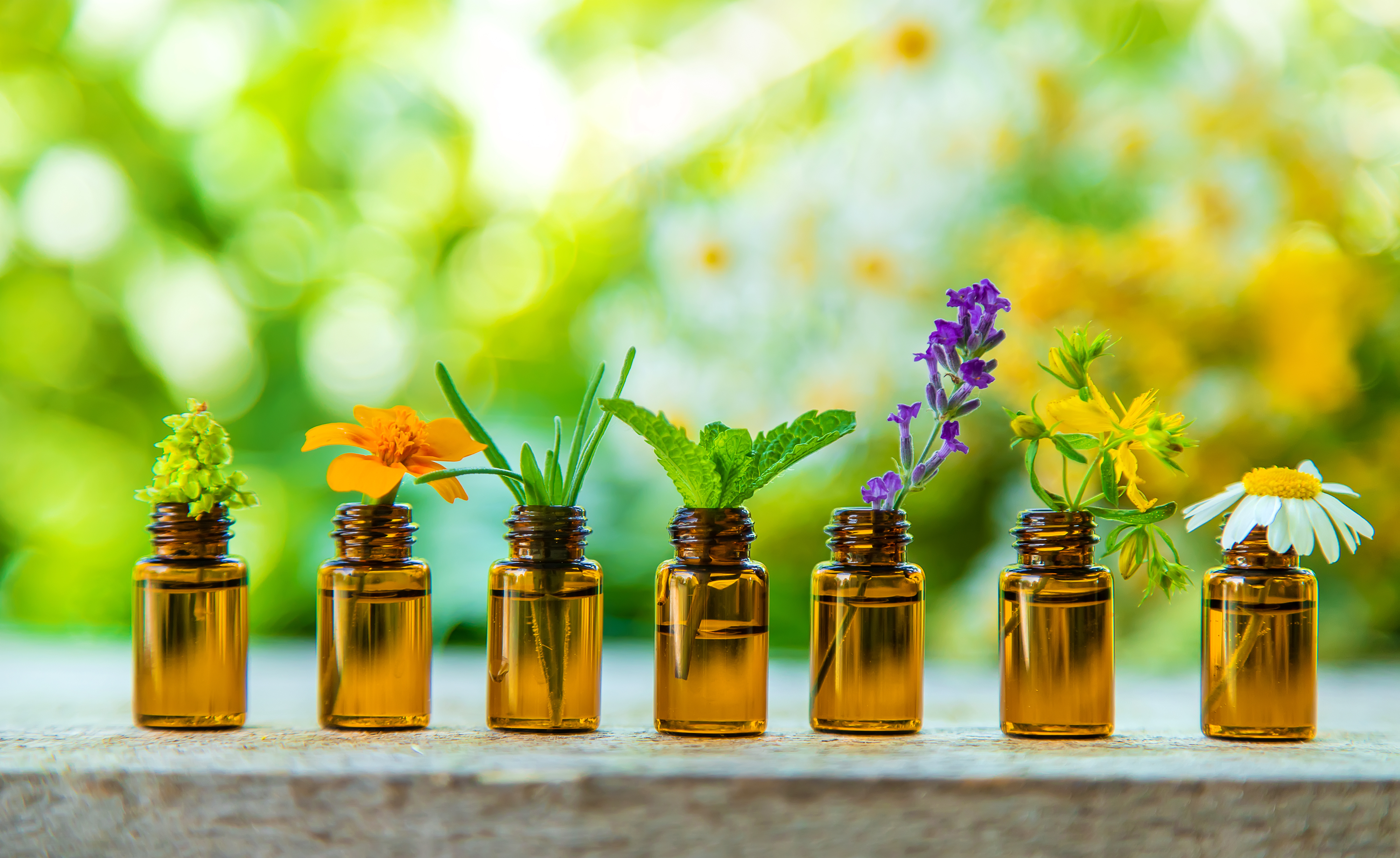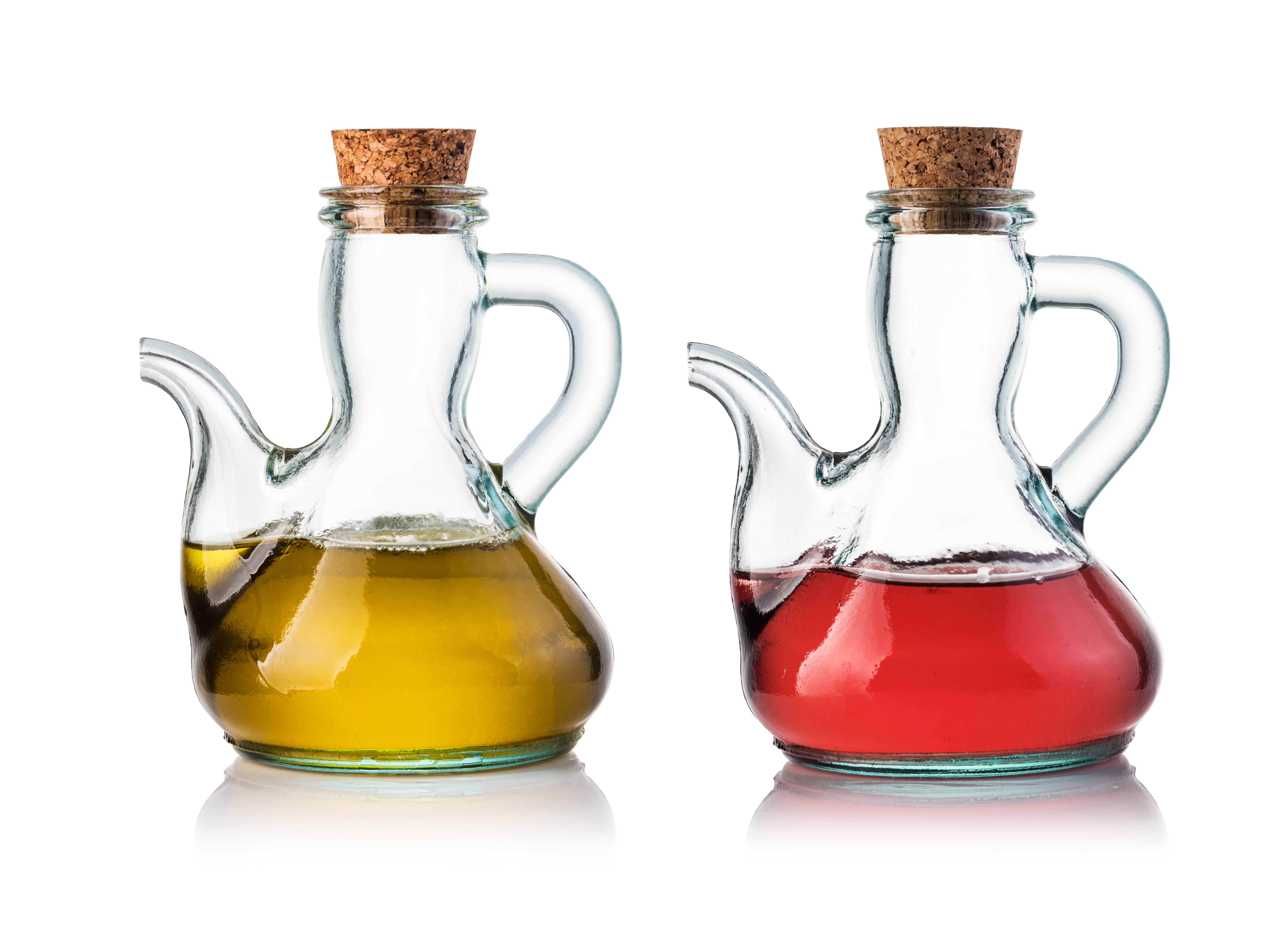10 Time-Tested Remedies to Naturally Eliminate Smelly Feet
Foot odor, a common yet embarrassing issue, has plagued humanity for centuries. From ancient warriors to modern-day professionals, the quest to eliminate this pesky problem has been relentless. In ancient times, the absence of modern hygiene products and medical interventions meant that societies had to rely on natural remedies and traditional practices to combat foot odor. This article explores 10 ancient secrets hailing from various cultures around the world, each offering unique insights and methods to banish smelly feet naturally. The importance of foot health in ancient societies cannot be overstated. Feet were not only crucial for mobility but also for survival, making their care a priority. The ancients understood that foot odor was not merely a cosmetic concern but often a symptom of underlying issues such as bacterial or fungal infections. Thus, they developed holistic approaches that addressed both the symptoms and their root causes. As we journey through these ancient secrets, we will discover how different cultures harnessed the power of herbs, oils, and other natural resources to keep their feet fresh and healthy.
1. The Egyptian Elixir: Harnessing the Power of Essential Oils

Ancient Egyptians were pioneers in the use of essential oils, not just for embalming but also for personal hygiene. They believed that certain oils possessed antibacterial properties that could combat foot odor effectively. Oils such as myrrh, cedarwood, and frankincense were commonly used. These oils were not only valued for their pleasant aromas but also for their medicinal properties. Egyptians often blended these oils with other natural ingredients to create potent mixtures that could be applied directly to the feet. This practice was not only about masking odors but also about treating the underlying causes of foot odor, such as bacterial growth. The use of essential oils in ancient Egypt was deeply intertwined with their spiritual and cultural practices. Oils were often associated with purity and were used in religious rituals and healing ceremonies. This cultural significance highlights the holistic approach Egyptians had towards health and hygiene. By incorporating essential oils into their daily routines, they not only maintained physical cleanliness but also spiritual well-being. Modern aromatherapy owes much to these ancient practices, and many of the oils used by Egyptians are still popular today for their therapeutic properties. Their legacy teaches us the importance of natural remedies and the benefits of incorporating them into our daily lives.
2. Greek Wisdom: Vinegar and Olive Oil Foot Baths

The ancient Greeks, known for their pursuit of knowledge and natural sciences, developed a simple yet effective method for tackling foot odor: vinegar and olive oil foot baths. Vinegar, particularly apple cider vinegar, was prized for its acidic properties, which can neutralize odor-causing bacteria. When combined with olive oil, which has moisturizing and anti-inflammatory properties, this foot bath not only deodorized but also nourished the skin. The Greeks understood the importance of balancing acidity and moisture to maintain healthy feet, and this practice was a staple in their hygiene routines. Vinegar and olive oil were more than just culinary staples in ancient Greece; they were integral to their healthcare practices. Vinegar was often used for its antiseptic properties, while olive oil was considered a gift from the gods, symbolizing health and vitality. The combination of these two ingredients in foot care was a testament to the Greeks' innovative spirit and their ability to harness everyday resources for health benefits. This practice also reflects their holistic approach to health, emphasizing the importance of maintaining balance and harmony within the body. Today, this ancient remedy continues to be popular among those seeking natural solutions for foot odor.
